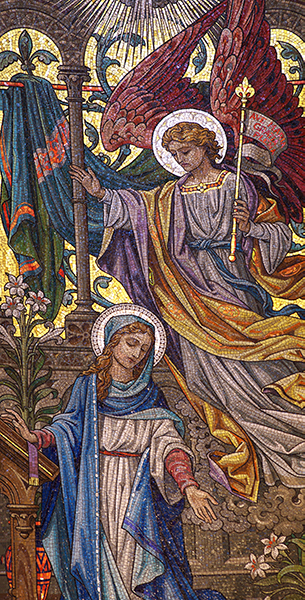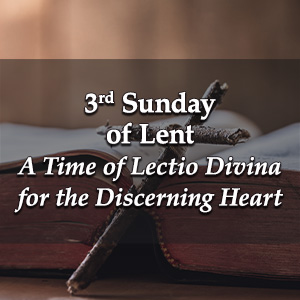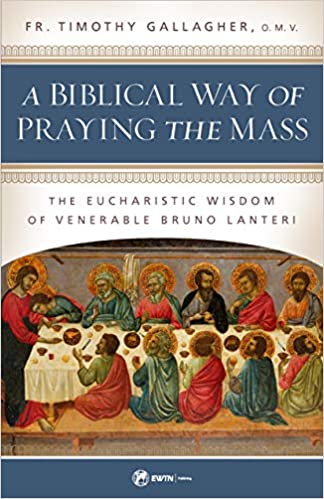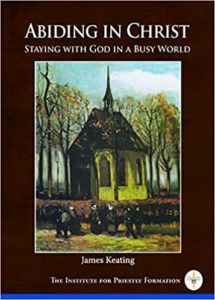Podcast: Play in new window | Download (Duration: 3:18 — 2.4MB) | Embed
Subscribe: Apple Podcasts | Spotify | Amazon Music | Android | Pandora | iHeartRadio | JioSaavn | Podchaser | Gaana | Podcast Index | Email | TuneIn | Deezer | Anghami | RSS | More
Day 7: Mary, Help of Christians
Even your relative Elizabeth is expecting a son in her old age, although she was unable to have a child, and she is now in her sixth month. With God, nothing is impossible” (Luke I:36-37)
Let us pray: God, our Father, we come to You with confidence that You will enlighten us with Your grace and love. Today as we worry about the world’s miseries, where love is disappearing among families and neighbors, where we find disunity everywhere, where love and respect for Your Son Jesus Christ are no longer seen, we implore the intercession of our Blessed Mother so that we may find light and power in You. Loving God, we ask You to enlighten the abandoned, the handicapped, and those deprived of true love from a father and a mother. With Your mercy, may they find peace, hope, and unity. We ask You to help us to be like Mary who does not forget her children, always caring, helping and watching over us. We hope to be relieved from our burdens and sufferings. Please help us Your children to experience the love and unity You want in every home. May we also be a model of kindness by showing us the way to establish good relationship with our neighbor, which is an excellent way of promoting unity in oneness of heart. O Eternal Father, we praise and thank You for the graces You bestowed upon us, especially the Blessed Virgin Mother. Trusting in Your love and mercy, we hope to obtain the favor we earnestly ask through her, the grace to love and die in Your love.
Jesus, for our salvation You willingly humbled Yourself, becoming Man in the womb of the Virgin Mother, grant me through the mystery of Your holy Incarnation the virtue of humility that I may ever please God as Your Mother did, by meekness and lowliness in this world, and be exalted by You in eternity.
Mary, dear Mother of my Savior, I greet you and I thank you for having received the message of the Archangel Gabriel: “Hail, full of grace, the Lord is with thee” (Luke I:28) and for having answered with your assent, “Behold the handmaid of the Lord, be it done to me according to thy word.” (Luke 1:38) Intercede for me that God the Father, who accepted you as His Daughter and the Mother of His Son because of your humility at the Annunciation, may accept me as humble child. Amen





 3rd Sunday of Lent – A Time of Lectio Divina for the Discerning Heart Podcast
3rd Sunday of Lent – A Time of Lectio Divina for the Discerning Heart Podcast







